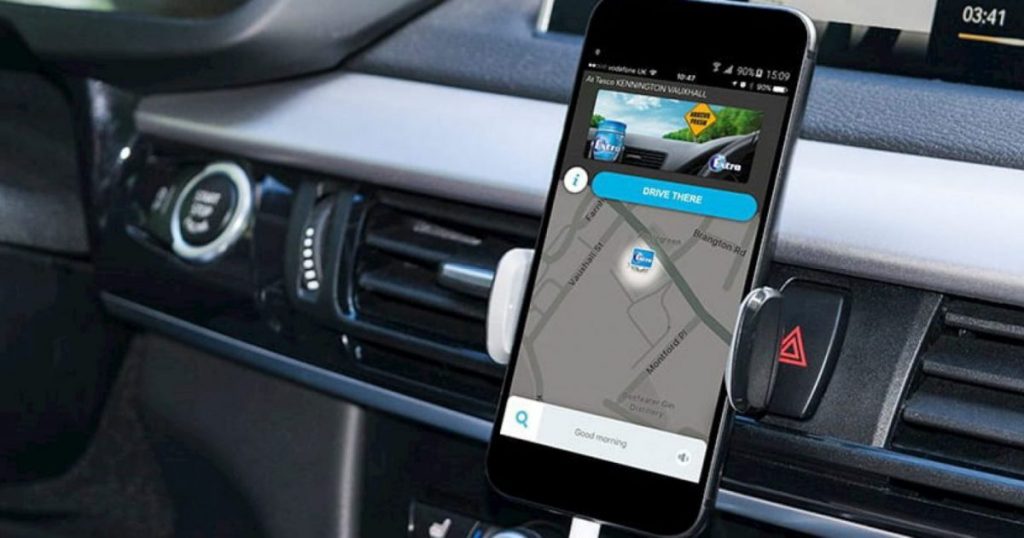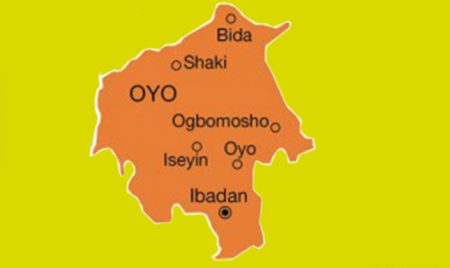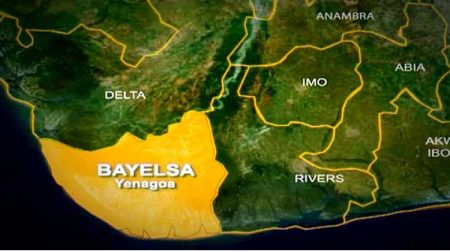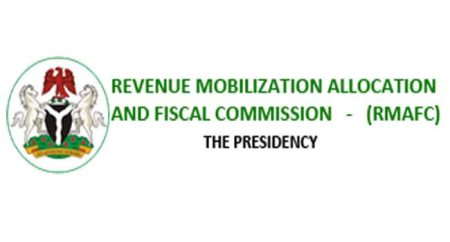The LagRide e-hailing platform, launched under the auspices of the Lagos State Government, has become a source of contention between its operator and the drivers, or “captains,” who utilize the app for their livelihood. The captains, represented by the Amalgamated Union of App-Based Transporters of Nigeria, have voiced a litany of grievances, ranging from technical malfunctions to unfulfilled promises and perceived exploitative practices. These issues paint a picture of a platform struggling to meet its intended goals and leaving its drivers feeling disillusioned and financially burdened.
A central complaint revolves around the functionality of the LagRide app itself. Drivers report significant operational failures, particularly in areas outside the core of Lagos Island and the city’s central business districts. In outlying areas such as Ikorodu, Badagry, Igando, Abule Egba, Alagbado, and Epe, drivers often experience extended periods without receiving trip requests, even during peak hours. This lack of consistent demand undermines their earning potential and forces commuters to seek alternative transportation, further eroding the platform’s user base. The drivers contend that the platform was launched without adequate market research and visibility studies, leading to poor user engagement and a disconnect between the app’s intended purpose and the realities of the gig economy.
Beyond the technical issues, the drivers express frustration over unfulfilled promises made by the platform’s operators. Key features, including real-time remittance tracking and in-app asset repayment visibility, have yet to be implemented. Despite undergoing a mandatory four-day onboarding and training program, the captains allege that commitments regarding these features and other operational aspects have not been honored. This perceived lack of transparency and follow-through fuels distrust between the drivers and the platform’s management.
Adding to the drivers’ discontent is the financial burden they claim to have shouldered for vehicle repairs, insurance, and maintenance for over two years. Despite upfront payments to Ibile Holdings, the platform’s financial partner, the drivers allege that promised insurance benefits have been inaccessible, even in the event of accidents. They argue that this financial responsibility contradicts the initial promise of empowerment and paints the platform as exploitative, operating under the guise of a technology-driven public initiative. The drivers feel they are bearing the brunt of operational costs that should, in their view, be shared or mitigated by the platform itself.
The Amalgamated Union of App-Based Transporters of Nigeria has issued a call to action, urging LagRide and the Central Implementation Group to address these pressing concerns. Their demands encompass a range of improvements, from fixing the app’s functionality across all regions of Lagos to launching a comprehensive advertising and public awareness campaign. They also call for the expansion of app coverage to underserved communities, fulfillment of promises related to incentives, insurance, vehicle servicing, and the implementation of transparent repayment tracking. Furthermore, the union advocates for a collaborative redesign of the platform, involving the drivers in the process to ensure that it truly supports their needs and meets public mobility requirements.
In response to the drivers’ concerns, LagRide’s Executive Director, Niyi Saliu, acknowledged the complaints and stated that work has commenced to address them. He emphasized the importance of the driver-platform relationship, referring to the drivers as partners rather than employees. Saliu acknowledged the transition to the new LagRide platform and the teething problems that can accompany such changes. While acknowledging some disagreements, he emphasized the drivers’ legitimate right to voice their concerns and assured that LagRide is actively working to resolve the issues raised. He indicated that some complaints have already been resolved and stressed ongoing efforts to address the remaining concerns, promoting the idea of a collaborative approach moving forward.
The situation with LagRide highlights the complexities of implementing technology-driven public initiatives. While the platform holds the promise of enhanced mobility and economic empowerment, the drivers’ grievances underscore the importance of addressing operational challenges, ensuring transparency, and fostering a genuine partnership between platform operators and the individuals who are essential to its success. The long-term viability and effectiveness of LagRide will depend on its ability to address these issues and build trust with its drivers, ultimately fulfilling its intended purpose as a valuable public service. The ongoing dialogue between the drivers and LagRide management will be crucial in determining whether the platform can evolve into a sustainable and mutually beneficial model for both parties involved.














